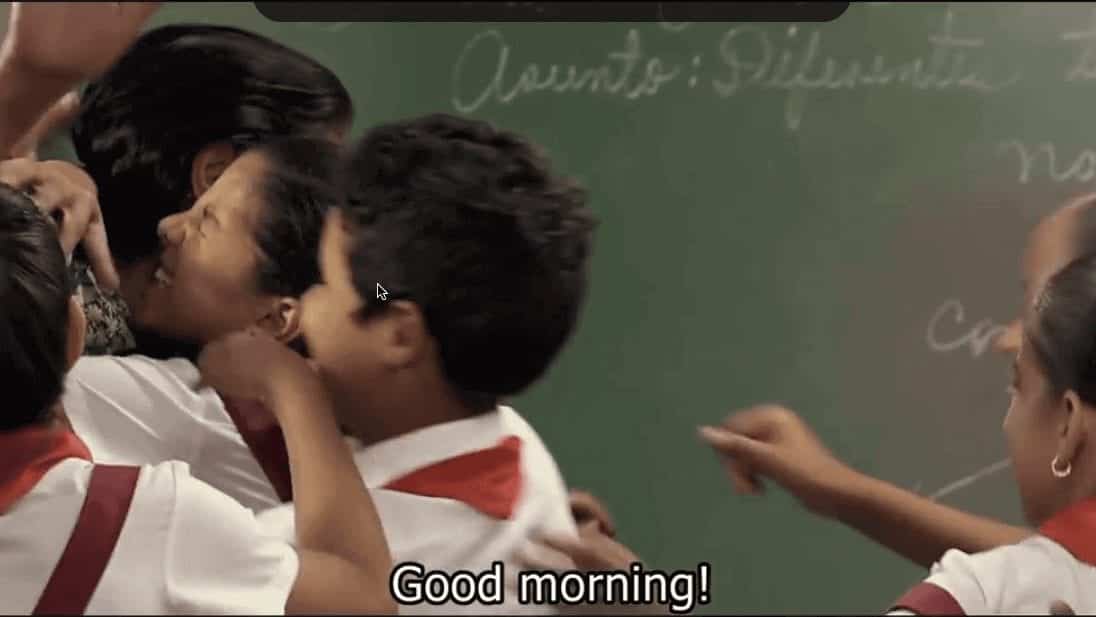‘The Backward Class’ are the first class of Dalit (‘untouchable’) caste students, in India’s history, to undertake the national ISC high school exams as a means to a brighter future for themselves and an opportunity to break their families out of generations of destitution.
After 13 years of preparation, this year it is up to the students – they must successfully write these exams. With their parents foreseeing their prospective accomplishments as a means of survival, and their school struggling with the recent economic crisis, the students have not only their own futures at stake, but those of their nearest & dearest as well. The pressure is on! A multiple award-winning documentary.
They come from the poorest of the Indian poor,
but they’re being given an education worthy of the wealthiest of the wealthy.
Their school is a social experiment,
whose sources of funding are struggling through the economic crisis.
Their families and socio-economic contemporaries remain entrenched
in the generations of destitution long associated with their
Dalit (‘untouchable’) caste.
They are the twelfth graders of Shanti Bhavan School,
living proof of the forgotten potential of the rural poor.
A hopeful coming-of-age story – the first class of Dalit (“untouchable”) caste students in India’s history, undertake the national ISC high school graduation exams as a means to a brighter future for themselves, and an opportunity to break their families out of the destitution they’ve been entrenched in for generations.
Subscribe to edCircuit to stay up to date on all of our shows, podcasts, news, and thought leadership articles.






